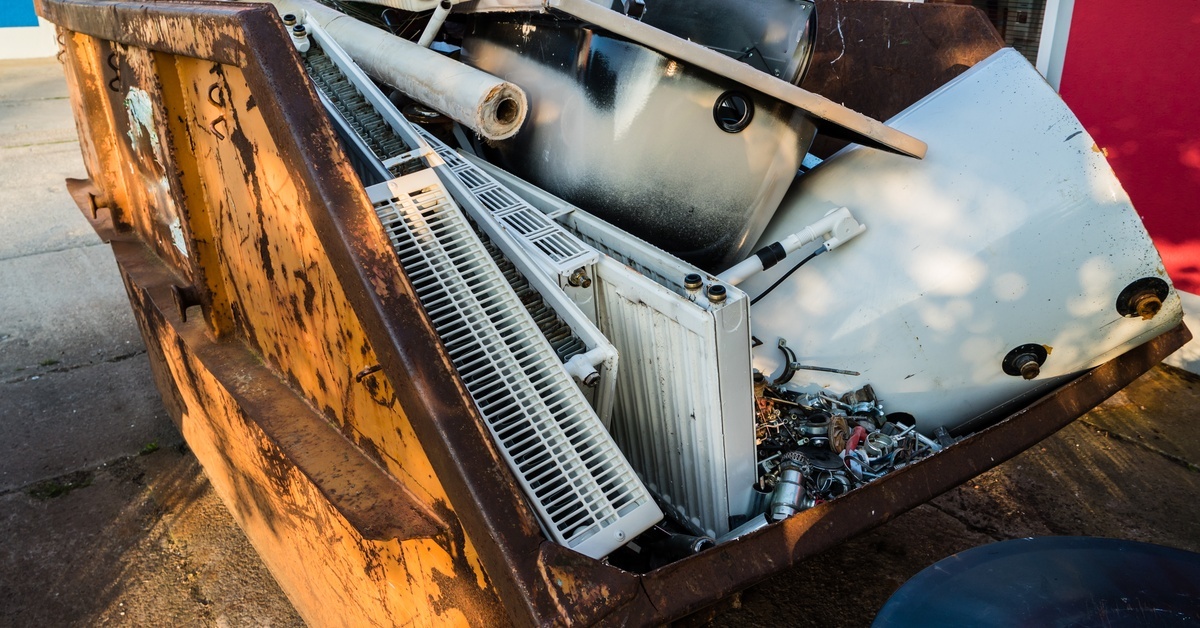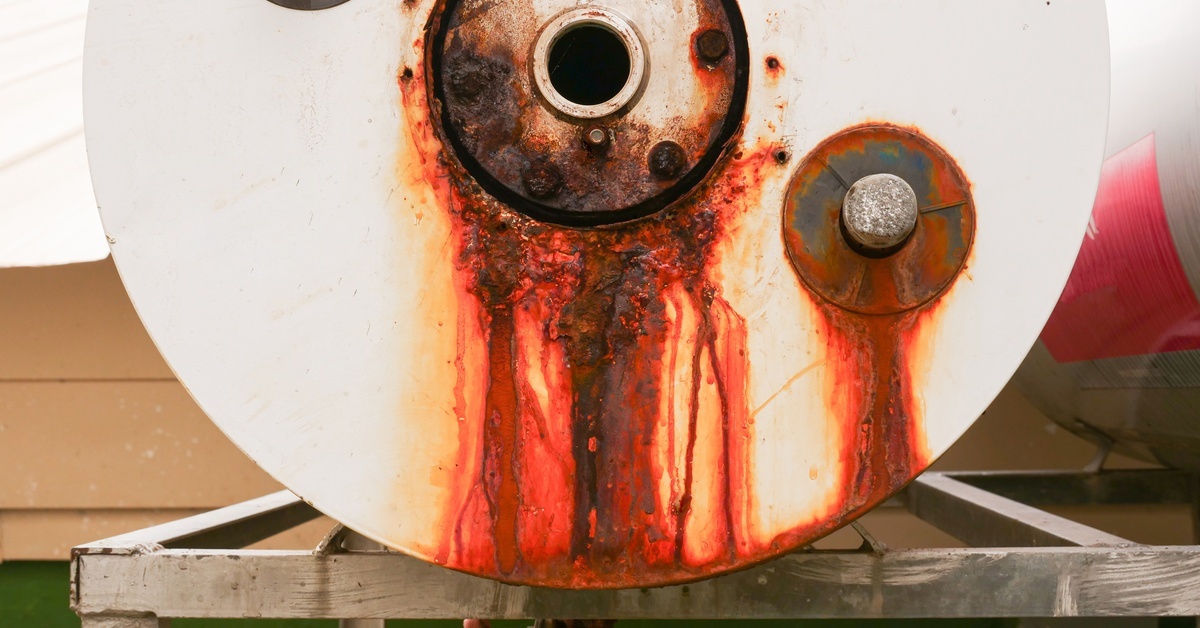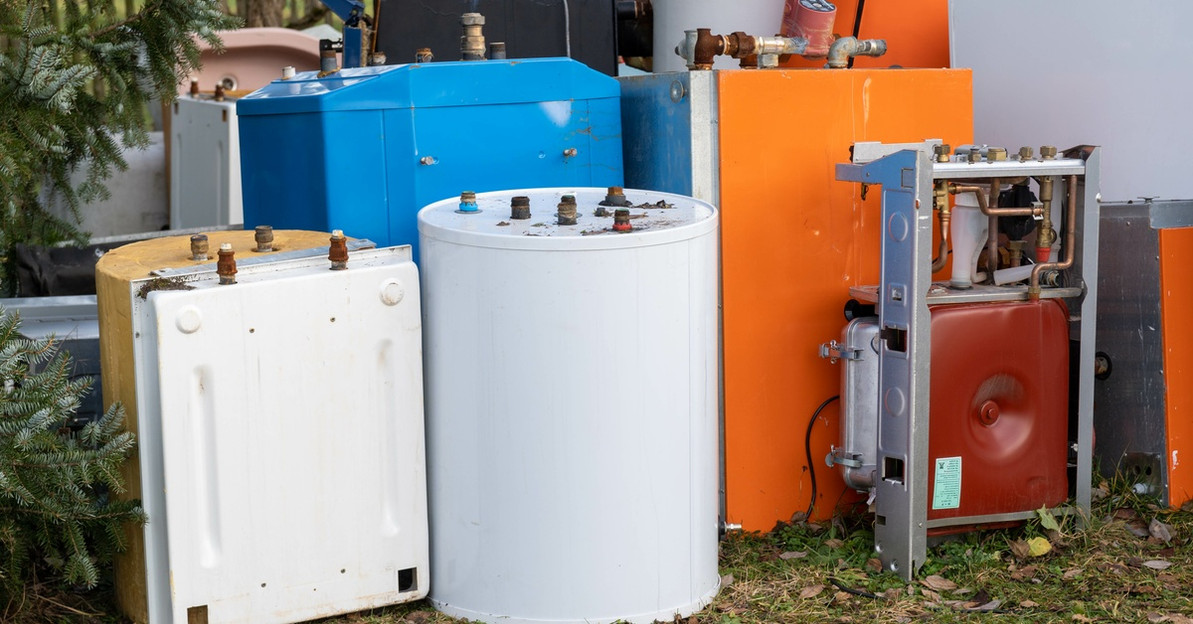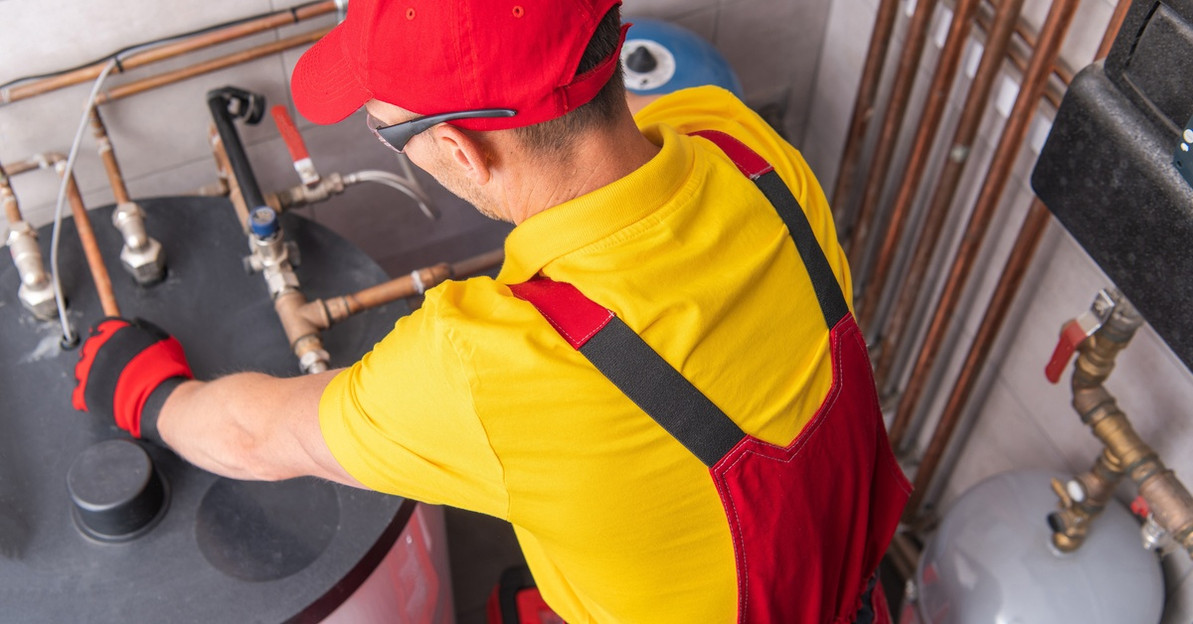How To Properly Dispose of Old Water Heaters
Do you have an old water heater taking up valuable space in your home? Figuring out how to properly dispose of that old water heater seems like a puzzle, but the process is simpler than you might think. Tossing it in the trash isn’t an option, and leaving it outside to rust isn’t exactly the best solution either. Every year, countless old water heaters end up disposed of incorrectly, harming the environment and breaking waste management rules.
But don’t worry—there are practical, safe, and eco-friendly ways to handle this situation. By the end of this guide, you’ll know how to recycle, replace, or dispose of an old water heater the right way. No hassle, just simple steps to get the job done responsibly.
Why Proper Disposal Matters
What’s the big deal about getting rid of your old heater correctly? Why can’t you just toss it in a trash bin and be done with it?
Protecting the Environment
An old water heater might seem like a bulky inconvenience, but improper disposal can lead to serious environmental problems. Leftover water or rust can contain harmful chemicals that may leak into the soil or water supply, causing contamination that affects plants, animals, and even drinking water sources. Additionally, these appliances take up a lot of space in landfills, where they can remain for years and contribute to unnecessary waste.
Avoiding Legal Penalties
Disposing of appliances the wrong way isn’t just bad for the planet; it could result in fines. Many communities have laws to regulate the disposal of large items like water heaters to prevent environmental damage or resource misuse.
Violating these regulations could mean paying massive fines for those mistakes. It’s worth taking a moment to check local guidelines about appliance disposal in your area.
Recognizing the Benefits of Recycling
Recycling your water heater is a win-win situation. Old units include valuable materials such as steel, copper, and aluminum, all of which can be processed and reused to make new products. Recycling helps reduce waste, conserve natural resources, and lower the demand for newly mined materials. Plus, recycled metals often support industries within the local economy, creating jobs and sustainable opportunities.

Disposal Methods for Old Water Heaters
Now that you know the why, it’s time to discuss the how of proper disposal.
Curbside Pickup and Junk Removal Services
If you’re looking for convenience, bulk collection services provided by local waste management are an easy way to go. Many cities allow for scheduled pickups of large appliances like water heaters. Check with your service provider to see what’s required to use this option, as some may ask you to prepare or label the appliance ahead of time.
For another hassle-free option, junk removal companies can help. These services typically include pickup, transportation, and disposal. While you might pay a fee, their professional teams often handle the heavy lifting and make sure your appliance is disposed of properly. This way, you’ve got one less thing to worry about.
Recycling Centers
Recycling centers are ideal if you want to minimize waste. Water heaters contain components such as steel, copper piping, and insulation that can be recycled.
Contact a nearby recycling facility to confirm they can accept the appliance, as some centers prioritize specific materials. To save time, ask about preparation steps, like removing the shell or cutting away extra piping.
Donations and Creative Repurposing
If the unit still works, consider donating it. Local groups, shelters, or workshops may gladly accept a functional water heater for their facilities. Make sure to reach out first and confirm their needs.
For those who enjoy DIY projects, an old water heater can be repurposed into something useful. Some creative ideas include turning the tank into a storage container, a planter, or even a backyard smoker. These projects add some charm to your home while keeping the heater out of a landfill.
Safety Precautions Before Disposal
Before you hand off your old heater, take a few steps to make sure it’s safe to haul away.
Draining the Tank
Before disposing of your water heater, drain it completely to avoid leaks or spills. This step is especially important if you plan to transport the unit yourself.
Find the drain valve near the bottom of the tank, attach a garden hose, and direct the water outdoors or into a suitable drain. This process prevents water damage and makes the unit lighter for handling.
Disconnecting Safely
Shut off the power supply at the circuit breaker if the unit is electric. For gas heaters, turn off the gas line carefully and ensure all connections are secure before removing the tank.
Skipping these steps can lead to serious hazards like electrocution or gas leaks. Always double-check for any remaining energy sources before you begin.
Handling Hazardous Materials
Old water heaters, especially outdated models, may contain insulation or other materials that pose risks. Wearing gloves and safety goggles to properly dispose of hazardous elements like insulation helps prevent harm to you and others. Be mindful of sharp edges and components that may cause injury while handling.

Legal and Environmental Considerations
Is it legal for you to toss your water heater? Follow your local guidelines to the letter.
Local Guidelines
Disposal regulations vary depending on where you live, and not following them can create problems. Some areas mandate recycling or prohibit disposing of appliances in regular trash collections. Your local authorities or waste management services are great resources for understanding the rules in your city or state.
Why Eco-Friendly Disposal Matters
Every choice we make about waste disposal impacts the planet. Opting for eco-conscious methods, like recycling or donation, means reducing landfill clutter and cutting emissions.
Even if you’re upgrading to a new system like a commercial tankless water heater, properly disposing of the old unit is a simple way to respect the environment. Keeping heavy items out of landfills helps protect natural resources for future generations.
Final Thoughts
Properly disposing of an old water heater might feel like one more thing on your to-do list, but it’s a way to make a real difference to your little corner of the planet. Consider the impact of your actions—not just clearing out clutter but contributing to cleaner communities and healthier ecosystems. Every appliance that’s donated, repurposed, or recycled is one less item sitting in a landfill, and that’s something to feel good about.
If you’ve gained a new perspective or some handy tips from this guide, why not share it with someone else? A neighbor, friend, or family member could be dealing with the same challenge, and your knowledge might be the nudge they need.
Recent Posts
-
Can You Put a Commercial Water Heater in a Residential Home?
Many homeowners don’t give much thought to their water heater until it breaks down. But what h …May 28th 2025 -
How To Properly Dispose of Old Water Heaters
Do you have an old water heater taking up valuable space in your home? Figuring out how to properly …May 28th 2025 -
Comparing 4 Different Types of Booster Pumps
When your project demands consistent water pressure or steady flow rates, booster pumps are often th …May 15th 2025




